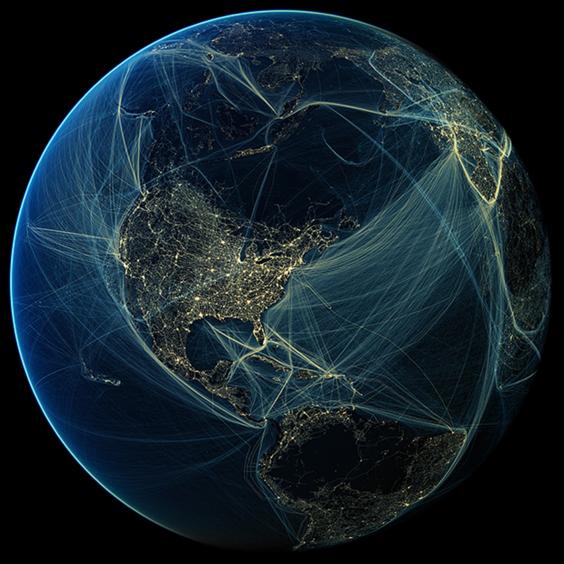Be Right Back
Black Mirror's second season premiere seemed, solely from the description like it was going to be the saddest episode that I was going to watch. Unfortunately for me (and you if you choose to watch this show), I was very, very, wrong.
The trailer for that episode, shown above, should clue you in to the basic premise. Martha and Ash are long time lovers, but when Ash dies suddenly and unexpectedly, Martha has difficulty coping. I don't think it's hard for anyone to sympathize with her. Eventually, every one of us has to experience the loss of a loved one, and I don't suppose for a minute that any of us wouldn't cherish the opportunity to speak to or see someone that we were close to for just a little while longer--for just one last time.
Martha originally rejects the technology, which takes a person's online presence, via text messages, videos, and social media posts, and constructs a software recreation of their personality for the grieving party to speak to. It feels like a major violation of privacy, but then again--do the dead have privacy? This and other questions will be addressed at the end of this post.
Martha eventually caves in and signs herself up for the program. Her connection to Ash is reestablished, and she feels whole again. The computer does a good enough job of impersonating him, and with a little input from Martha it begins to learn. Tragically, Martha learns that she is pregnant, and must learn how to deal with expecting Ash's child without Ash in her life. She throws herself more into the program. She establishes a voice connection, using phone messages and videos to teach the computer program Ash's voice and mannerisms. "You sound just like him," she says.
She communicates with robo-Ash through her cell phone, which has now taken a position as important as Ash once did. When she drops her phone at the doctor's office, she has an emotional breakdown, having lost him a second time (and this time being responsible for Ash's "death"). She's able to reconnect shortly thereafter with a new phone and her laptop, but the software tells her of something else she can try...
The company that provides this grief software also creates blank androids for you to upload personalities and people onto. It operates in the same way as the text messaging and voice calling, only now this recreation has a physical embodiment as well. It's starting to feel like we're taking this too far. Shouldn't she be coping with her loss instead of finding ways to reinstate Ash in her life? And who am I to judge? It's not mine or anyone else's place to tell another person how they should grieve, right?
Martha begins to struggle with the android. It has its limitations. It's based upon Ash's social media, not Ash, so it misses lots of his quirks, or behaviors that even Martha can't tell it how to reenact. It has a limited range, and must stay within 25 meters of her--when she tells it to leave the house, robo-Ash can't even get out the front gate. He doesn't need food, or water, or sleep, and must be taught to act more human for her.
The disturbing part of this technology, which the episode doesn't force us to confront directly, is that the software encouraged Martha to continue upgrading itself. This software, which comes from a private company, was taking advantage of a woman's grief in order to sell product.
Moreover, Martha's belief in this technology is keeping her from truly moving past her grief and accepting the death of her loved one. And it raises questions about our current use of social media, as well. Is what we post online an accurate representation of who we are as people? In Ash's case, it was almost good enough, but not quite. Am I nothing more than a collection of photos and Facebook statuses? I shudder at the thought.
When we have the power to bring people to life through software, we are once more forced to ask what makes someone human (just like Blade Runner, yet again). What is that intangible quality that made Ash different from his software recreation? Who knows, but it certainly isn't easy to find out...

No comments:
Post a Comment